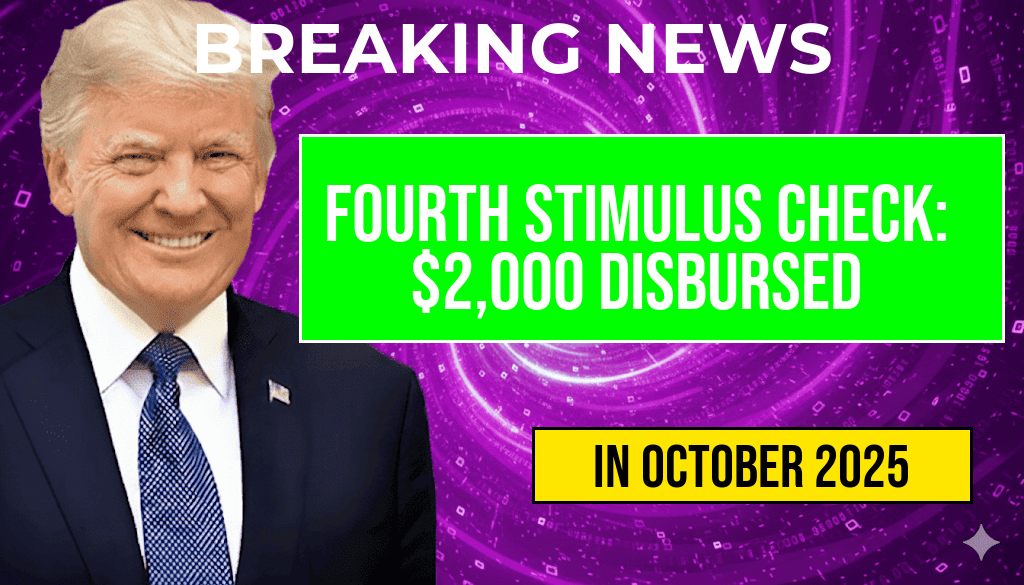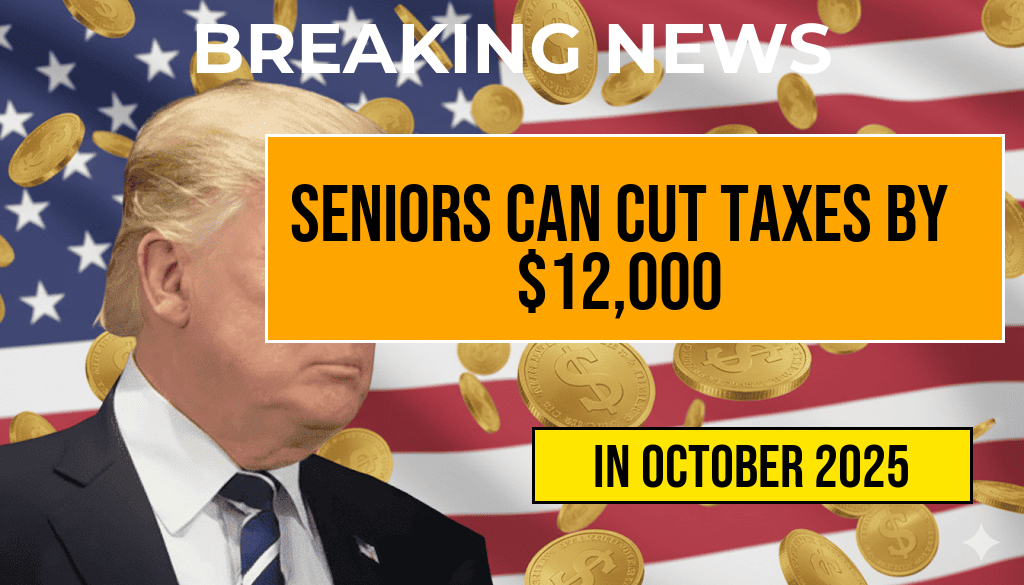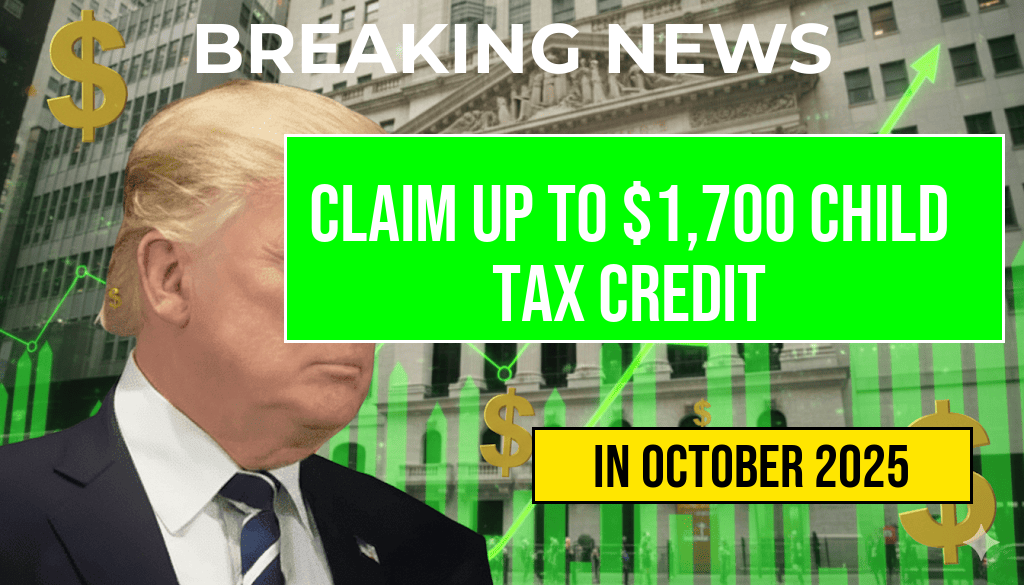The latest round of economic relief has begun reaching eligible Americans, as the government distributes the fourth stimulus check of $2,000. This payment aims to provide financial support amid ongoing economic challenges, with eligibility criteria and deposit schedules now publicly detailed. The distribution process, managed through various state and federal programs, has started rolling out, with many recipients seeing funds deposited directly into their bank accounts. This initiative comes after months of legislative discussions and budget allocations designed to assist individuals and families facing increased living costs and economic uncertainty.
Distribution Details and Key Dates
The stimulus payments are being distributed in phases, with the first deposits beginning in late October 2023. Recipients can expect their funds within a window of several days depending on their banking institution and the specific program through which they qualify. According to official sources, the Department of Treasury and participating state agencies are coordinating the effort to ensure timely delivery.
| Region/State | Start Date | Expected Completion |
|---|---|---|
| Nationwide (via direct deposit) | October 25, 2023 | November 10, 2023 |
| Eligible states (manual issuance) | November 1, 2023 | November 20, 2023 |
Officials emphasize that the timing may vary based on individual circumstances, including the method of payment selected and the completeness of application information. Those who have not received their payment by mid-November are encouraged to consult their state’s official portal or contact the relevant agency for assistance.
Who Is Eligible for the $2,000 Stimulus Check?
Federal Eligibility Criteria
The primary eligibility criteria align with previous stimulus distributions, focusing on income levels and filing status. Recipients must meet the following federal standards:
- Income limits: Modified adjusted gross income (MAGI) below $75,000 for individuals and $150,000 for married couples filing jointly.
- Filing status: Must have filed a 2022 or 2023 tax return, or submitted alternative income documentation if not required to file.
- Residency: Must be a U.S. citizen, permanent resident, or qualifying resident with a valid Social Security number.
Additional State-Specific Requirements
Several states have implemented their own criteria to target assistance to specific populations. For example, eligibility may extend to residents with low to moderate income, recipients of certain social programs, or individuals facing particular hardships. State agencies have updated their official websites with detailed lists of criteria, which can vary significantly between jurisdictions.
How to Verify Eligibility
Potential recipients can verify their eligibility through official portals such as the IRS website or their respective state government websites. It’s recommended to keep documentation like tax returns, proof of residence, and social security information handy when applying or checking status.
Application and Payment Methods
Most eligible individuals automatically receive the stimulus check via direct deposit if their banking information is on file with the IRS or state agencies. For those who did not provide banking details or prefer alternative methods, paper checks or prepaid debit cards may be issued. Recipients are advised to monitor official communications and banking notifications to confirm deposit timings.
Common Questions About the Distribution
- Can I still apply if I missed the initial deadline? Some states and programs allow late applications or manual updates. Check with your local agency for options.
- What should I do if my payment is delayed? Contact the relevant agency or visit the official portal for status updates and troubleshooting tips.
- Are there any tax implications? These payments are considered tax credits and are not taxable income, according to IRS guidelines.
Additional Support and Resources
For more information on stimulus payments and related assistance programs, visit authoritative sources such as the Wikipedia page on Economic Stimulus or consult the official IRS Economic Impact Payments site. These platforms provide comprehensive updates and step-by-step guidance to ensure eligible Americans receive their support without unnecessary delays.
Frequently Asked Questions
Question
What is the Fourth Stimulus Check and how much is being distributed?
Question
Who is eligible to receive the $2,000 stimulus payment?
Question
When are the deposit dates for the stimulus checks scheduled?
Question
How can I verify if I am eligible for the Fourth Stimulus Check?
Question
Are there any specific requirements or criteria I need to meet to receive the $2,000 payment?






